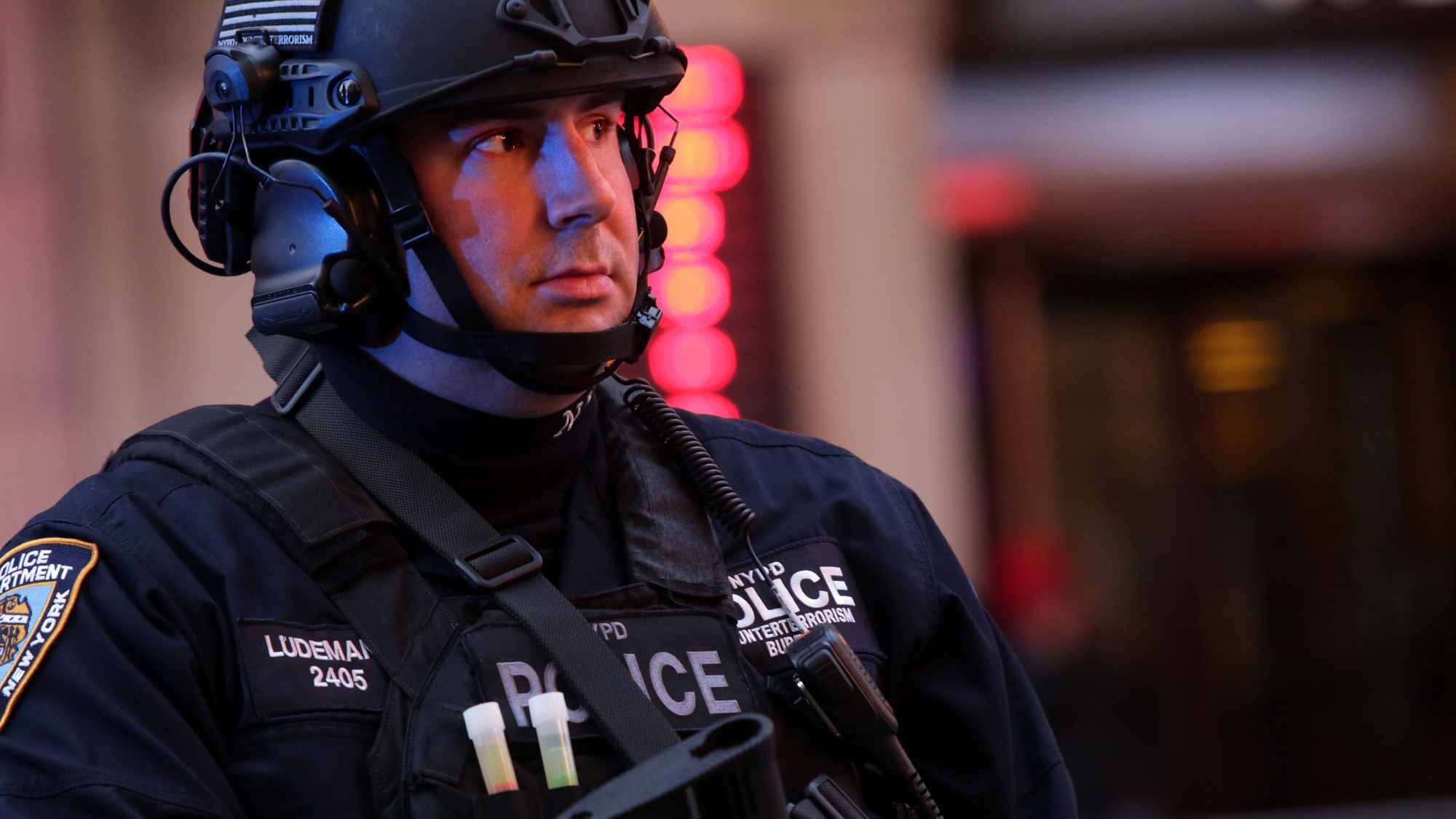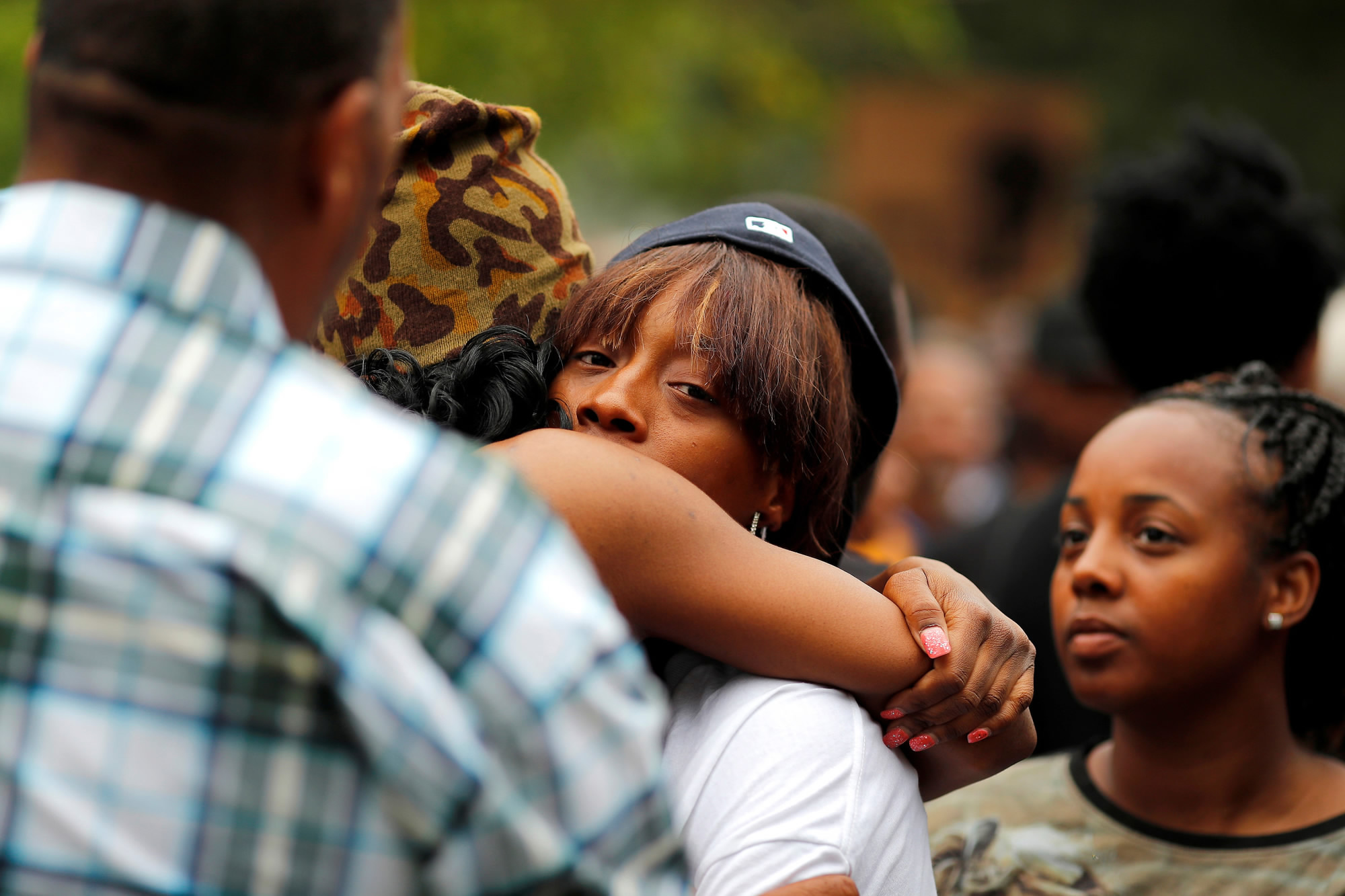
Politics
21:44, 02-Jan-2017
Fatal US police shootings hit 957 in 2016; nearly a quarter of those killed black
Updated
10:31, 28-Jun-2018

Nearly a quarter of Americans shot and killed by police in 2016 were black, according to a database compiled by The Washington Post.
A total of 957 people, of which 232 were black, were fatally shot by police in the US in 2016. The figures indicate that an average of 2.6 people were shot and killed by police each day in 2016, with more than one black person killed every two days. The number of Hispanics shot dead by police stood at 160 in 2016.
The high figures are still shy of those in 2015, when a total of 991 people were shot dead by police, including 258 black people and 172 Hispanics.

Diamond Reynolds, girlfriend of Philando Castile, gets a hug as people gather to protest Castile's fatal shooting by Minneapolis area police during a traffic stop on Wednesday, in St. Paul, Minnesota, US, July 7, 2016. /CFP Photo
Diamond Reynolds, girlfriend of Philando Castile, gets a hug as people gather to protest Castile's fatal shooting by Minneapolis area police during a traffic stop on Wednesday, in St. Paul, Minnesota, US, July 7, 2016. /CFP Photo
The Washington Post started recording fatal police shootings in January 2015 based on news reports, public records, social media and other sources.
It documented those shootings in which a police officer, in the line of duty, shot and killed a civilian - the circumstances that most closely parallel the 2014 killing of black teenager Michael Brown in Ferguson, Missouri.
The death of Brown, together with the killing of another African-American, Eric Garner in New York City in the same year, made "Black Lives Matter" a nationally-recognized activist movement.
Although the FBI has a national database of fatal police shootings, the information is not updated regularly, reported online news website International Business Times (IBT).
FBI officials announced in early 2016 that changes would be made to improve the national data system, but the updated regulations and requirements for recording the data wouldn't take effect until later in 2017, the IBT added.
(Story from Xinhua News Agency)

SITEMAP
Copyright © 2018 CGTN. Beijing ICP prepared NO.16065310-3
Copyright © 2018 CGTN. Beijing ICP prepared NO.16065310-3